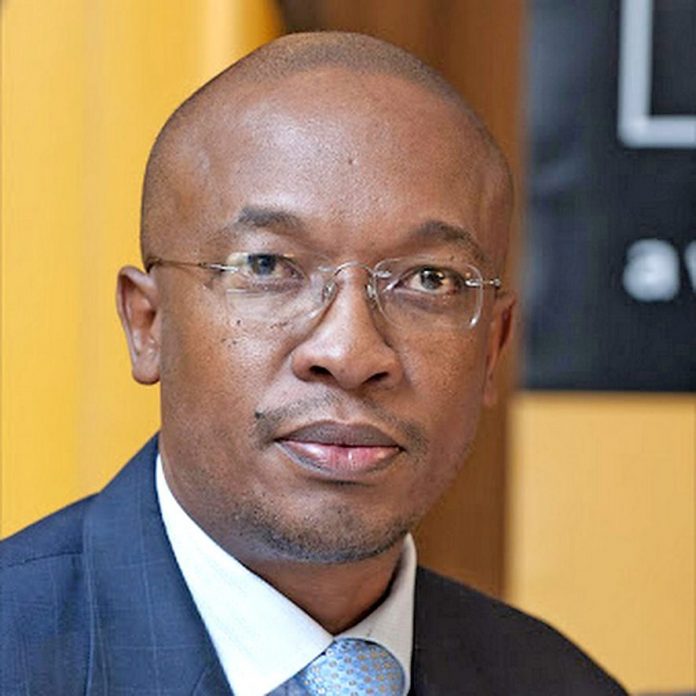There are several reasons to transform the informal township enterprises, or the kasi economy, into areas of inclusive growth and job creation. Working in partnerships with kasi-based associations, it provides room to uplift and profile informal enterprises such as spaza shops, fast food outlets and shebeens.
Working in partnerships with umbrella organisations like the Family Tree Holdings (FTH)
offers a platform to the Limpopo Tourism Agency to change the economic landscape of townships and informal settlements.
As we seek to rebuild after Covid-19 pandemic and the July 2021 civil unrest, there is room to make practical social compacts between the government, business and civil society.
The targeted partnership between the Gauteng department of economic development and FTH is an example of what is possible in redesigning townships and informal settlements from apartheid-era areas of inequality into spaces for democratic inclusion.
Second, this partnership is a practical avenue to reclaim the kasi economies for meaningful benefit by the majority of citizens and communities to whom economic freedom remains a deferred but realisable dream.
The available legal and policy instrument to achieve these goals is primarily the Township Economic Development Act that is a game-changer to address the apartheid legacy, and to open up new procurement and market opportunities for township businesses.
What are the structural bottlenecks and institutional blockages that the act is meant to overcome?
There is an agreement that townships and informal settlements continue to be held hostage to anti-growth patterns. After all, townships were designed to be geographies ready to provide cheap labour in urban centres.
Townships have long been defined as spaces that are concentrated with mainly lower-income households. They still remain places with limited formal retail and commercial facilities.
More unfortunately, the townships and informal settlements are areas for resource extraction where capital, skills and technology can circulate internally. This contributes to the exclusion of SMMEs from the mainstream economic ecosystem.
The implementation and acceleration of the act is taking shape through what is called “benefit stacking”. In simple terms, it involves cutting red tape through model by-laws and regulations in township enterprise zones. It entails bringing tax incentives to unlock job-creating investments. It involves implementing targeted procurement whereby 40% of procurement, from national to local government, comes to these zones.
What does this actually entail in practical terms?
It focuses on promoting inclusive township human settlements, by transforming backyard shacks, which are home to four million people, into flats and small business. It focuses on developing a real commuter economy, whereby six million people use taxi ranks daily, and converting these ranks into commercial districts.
The funding is through the Township Economy Partnership Fund, which works with intermediaries like FTH in the provision of a combination of grants and loans to support small kasi enterprises in sectors such as ICT, manufacturing, retail, real estate and the taxi economy.
Economic emancipation is now realisable, through the act, to enable the informal township economy to have access to capital, technology and markets both local and international.
Transforming the kasi economy into its full potential hinges on bringing people closer to opportunities and bringing opportunities closer to people.
Finally, transforming townships through legislation, policies and social compacts is not intended to discriminate against anyone who is not a South African citizen. Its primary aim is to address inherited historical wrongs that have persisted
into the post-1994 democratic dispensation.
Transforming the Kasi economy is a non-negotiable intervention to improve the lives and livelihoods of South African citizens and communities.
Tau is Gauteng MEC for economic development
Follow @SundayWorldZA on Twitter and @sundayworldza on Instagram, or like our Facebook Page, Sunday World, by clicking here for the latest breaking news in South Africa. To Subscribe to Sunday World, click here.




